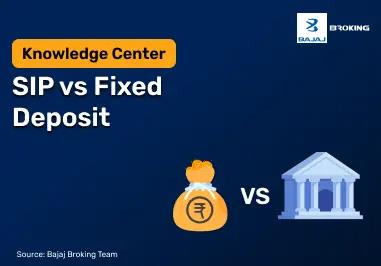Goods and Services Tax was introduced in July 2017. After this, GST replaced multiple taxes that were earlier charged with a single tax known as the goods and services tax. Registered businesses now need to generate GST invoices or bills that include GST rates and other necessary details.
Simply put, GST bills are invoices that have the details of goods and services rendered and the due payment. The bill also includes the GST charged on the goods and services. It is crucial for businesses to be careful while preparing GST invoice bills, as these are reflected in their account books. Not only this, businesses often claim ITC (Input Tax Credit) and for this, they need the tax invoice under GST from their vendors.
This guide will talk about the ‘what is GST invoice’, the importance of GST bills, and how it is issued. So, read till the end to understand all about GST invoice compliance.
Importance of GST Invoices in Business Transactions
Now that you know GST invoice meaning, you must also know why GST invoices are important in business transactions!
GST invoices are crucial for business transactions primarily to adhere to the legalities. Failing to comply with GST norms, a business may suffer penalties and even legal actions. For a smooth and hassle-free ITC claim process, GST bills are essential. Apart from this, it is also an essential document used to file income tax returns. It is proof of the actual business transactions and tax liability of a business.
It is mandatory for registered businesses to generate GST invoices and filing to do so shows tax evasion. Such a case can eventually lead to legal charges and hefty penalties. So, to stay tax compliant and run business smoothly, it is crucial to adhere to the GST invoice norms.
Mandatory Components of a GST Invoice
In GST invoice bills, there are certain mandatory components that a business must include. These are:
Invoice number and date
Shipping and billing address
Customer name
GSTIN of the Customer and taxpayer
Supply place
SAC code/HSN code
Detail of items, that is. description, quantity in numbers, and unit
Total value
Discounts and taxable value
Amount of taxes and GST rate; IGST/CGST/ SGST
Is GST charged on a reverse basis
Supplier's signature
Additional Read – How to Generate e-way Bill?
If the business is not a registered one, they need to include the following in their invoice if the value of goods/services is over ₹50,000:
Recipient's name and address
Delivery address of delivery
Name and code of the state
Time Limits for Issuing GST Invoices
The time limit for issuing GST invoices is specified by the GST Act. For GST tax invoices, debit notes, revised GST bills, and credit notes, the following are the time limits:
Difference Between Tax Invoice and Bill of Supply
Let's understand the differences between tax invoice and bill of supply. The table below gives a detailed description and comparison of the two:
Aspect
| Tax Invoice
| Bill of Supply
|
Purpose
| Issued to charge GST and pass on Input Tax Credit (ITC)
| Issued when GST is not to be charged
|
Tax Component
| Includes GST (CGST, SGST, IGST)
| Does not include any tax
|
Eligible for ITC
| Buyer can claim Input Tax Credit
| Buyer cannot claim Input Tax Credit
|
When Issued
| For taxable supply of goods or services
| For exempted goods/services or by composition scheme taxpayers
|
Applicable To
| Registered businesses making taxable supplies
| Registered businesses:
1. Supplying exempt goods/services
2. Under composition scheme
|
Invoice Format
| Must include GST rate, tax amount, and HSN/SAC code
| No GST rate or tax amount required
|
Relevant GST Rule
| Section 31(1) of CGST Act
| Section 31(3)(c) of CGST Act
|
Source
Issuing a GST Invoice: When Should It Be Done?
It is not always possible to issue a GST invoice at the time of purchase or sale of goods and services. So, the timeline set for GST invoices for different types of goods and services is as follows:
Following are the cases for normal goods:
Make the invoice on or prior to the date of despatch.
Make the invoice on or before the date of delivery.
Continuous Supply of Goods
If the supply entails periodic payment or account statements, send the invoice on or before each payment or statement date.
Conclusion
A GST invoice is an important document for reporting sales under the Goods and Services Tax regime. It provides legal compliance, facilitates Input Tax Credit, and promotes transparency in transactions. Companies are required to add all the mandatory details and release invoices within specific time frames to evade penalties. Complying with GST invoicing norms provides for hassle-free functioning and correct reporting of taxes.














